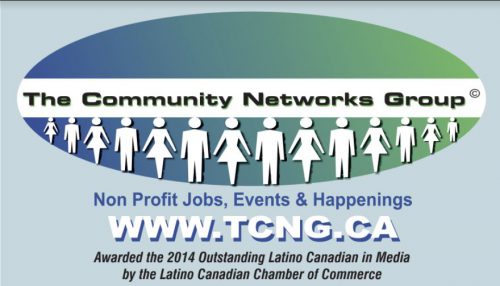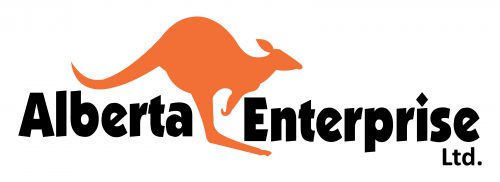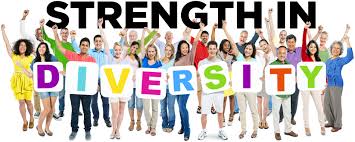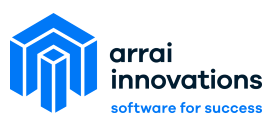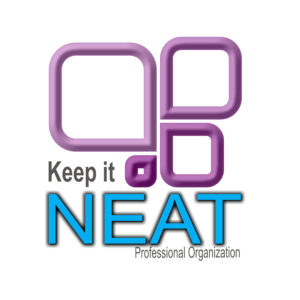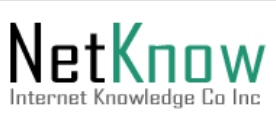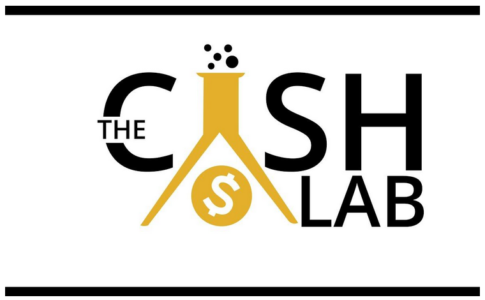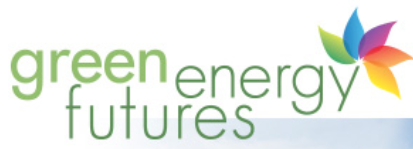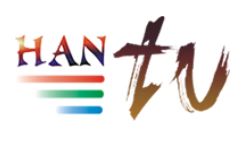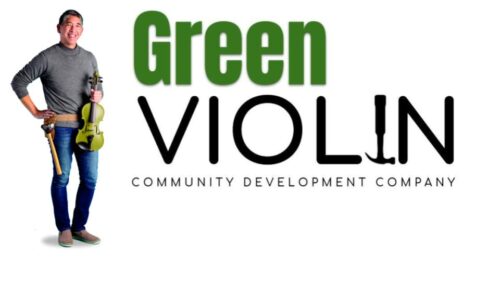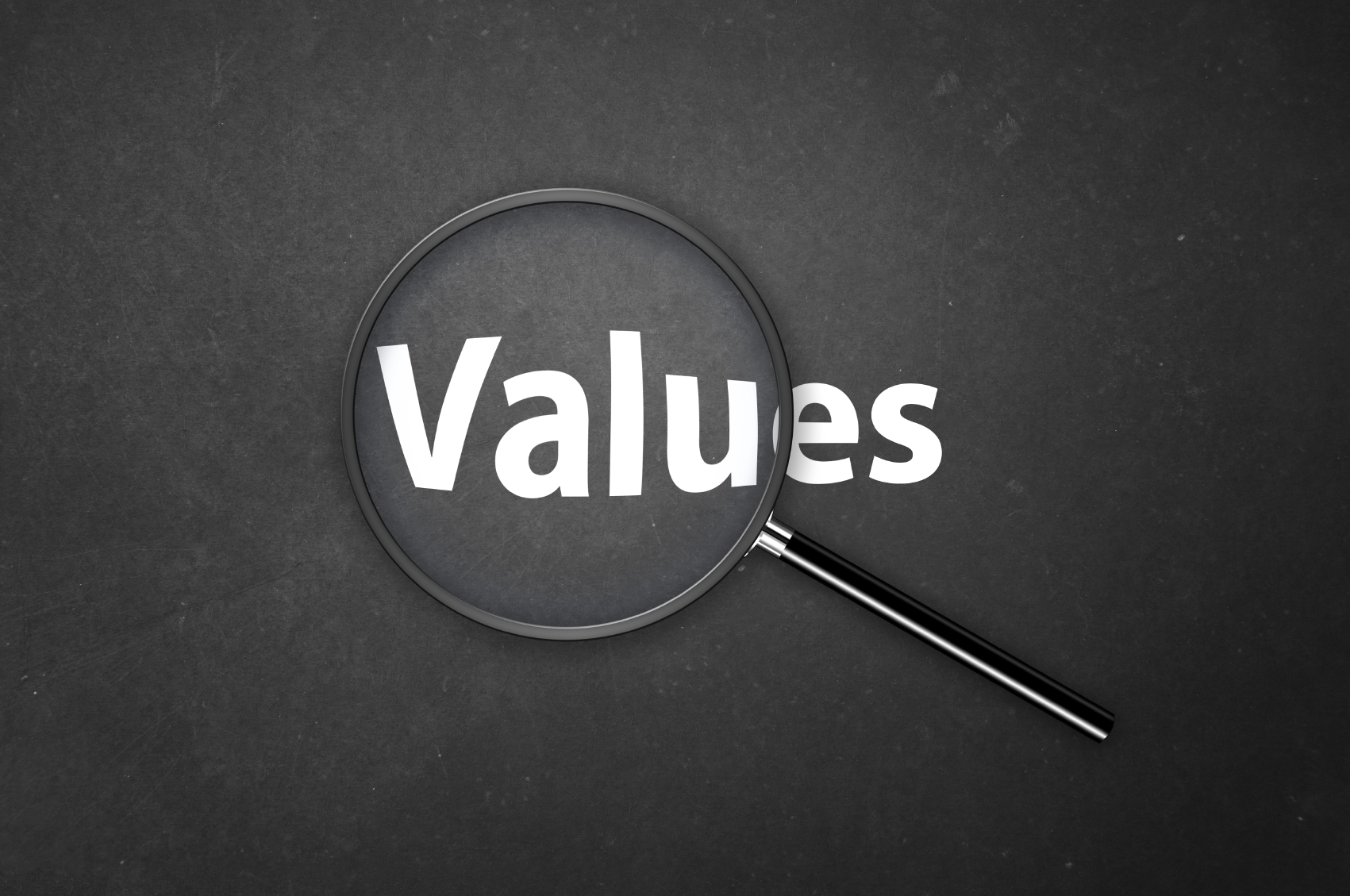
Wayfinders is developing a Social Impacts protocol for Members
You have probably heard of ESG (Environment, Social, Governance), B-Corp (Benefits Corporation), FairTrade, DEI (Diversity, Equity, Inclusion) or other values protocols for business. Currently, there are rampant social media discussions on the ethics associated with AI and data privacy. Many government and large corporate procurement offices are making some protocol certification either mandatory or desirable in their selection processes. There are some controversial questions surrounding compliance, meaningfulness, and adoption of these certifications.
Way back in the 1980s I had seriously considered getting work as a corporate citizenship or ethics officer. It would have been a good fit for my background with a BA in philosophy and an MA in community development. I did work on social impact assessment as an intern at PetroCanada. But there were few jobs like that available at that time. Over the past few decades there has been a growing interest in moving beyond financial measures of value. We used to talk about corporate citizenship, the social economy, then social entrepreneurship and social enterprises, and now we talk about social purpose organizations and social finance. We even have the economics of happiness, and more companies are adding measures of happiness and other intangibles to their accounting systems.
Should there be enforcement or compliance of social values? We have many laws protecting employees, consumers and the environment. Do these go far enough, or have some laws become too restrictive? Ideally, all companies should want to do what is right and good, in the public interest. Sometimes we don’t agree on facts or values. Sometimes the social goods come at a cost. Should we leave the charitable and non-profit sectors to pick up the pieces of negative social externalities? If a for-profit company incurs these costs voluntarily, they risk being less competitive against those that do not. Regulations level the playing field. What about international competition or ‘dirty’ international supply chains, where competing nations don’t have similar regulations?
Do companies that are certified in one social protocol or another actually produce social good, or do they just set social goals and talk about them? Until recently, there were no clear standard processes or metrics for measuring social impacts. Standard accounting practices revolve around dollars and profits, and progress measured in share values, or maybe market share. Intangibles, such as intellectual property, and negative externalities like pollution, are now more routinely being incorporated into key performance indicators (KPIs) and graphically presented on company dashboards.
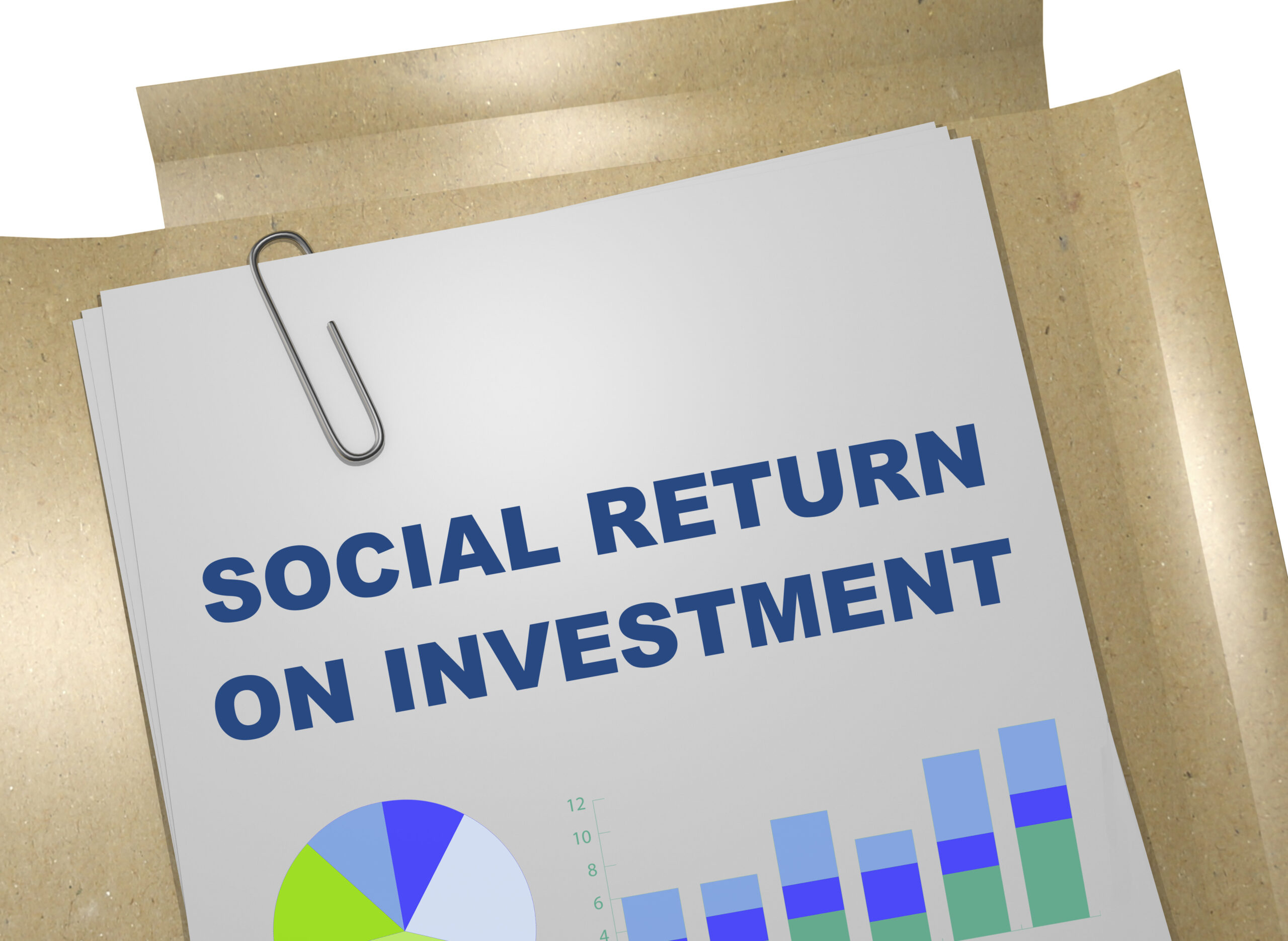
If, as a self-employed entrepreneur, you tried to become certified in any of these protocols, you probably soon became discouraged by the “red tape” involved. These protocols work best for larger companies that have specialized staff to complete these reporting requirements. Where does that leave small businesses, especially micro-businesses in which the entrepreneurs is self-employed and trying to make a living?
Wayfinders Business Co-op has been working with a group of students from a course in Social Impacts at Rotman School of Management. Under direction from Wayfinders, they are developing a protocol that can easily be adopted incrementally by self-employed entrepreneurs, gig workers, freelancers and others. The results will be released and presented by webinar later in April this year. The system will allow Members to select key social indicators that are relevant to them and adopt them as part of their company’s value proposition. They will be able to set realistic goals, measure performance and report results. This should help Member companies learn how to be better corporate citizens and get the recognition and appreciation they deserve.
Following the adoption of the idea that we should be monitoring all values, not just financial values, there has been an explosion of protocols in various industries, covering every aspect of management from pollution (NetZero), human resources (DEI) , use of technology (e.g., automated checkouts, privacy, AI), supply chain integrity (FairTrade), energy consumption (LEED construction), marketing practices (#RefreshinglyHonest) and more. This type of flurry is a common pattern seen following the introduction of any new viral concept, technology or business practice. Usually, through competition, a common standard emerges and is widely adopted. We’re not there yet.
Studies in workplace happiness show that a majority of workers feel their work is meaningless. People feel frustrated. Frustration can lead to depression and other disorders. At the core of our humanity is an identity of a value generator. Recent studies in psychology of happiness indicate that we all need and want to produce value for ourselves and others. Being productive makes us happy. Until recently, despite knowing that money doesn’t buy happiness, we have been stuck on money as essentially our sole indicator of success. Soon we will have more instruments at our disposal to not only monitor and report our success, but to learn how to be still more productive and make our work more meaningful. This is especially true for entrepreneurs, who are perhaps in the best position to define themselves by their work.
Thanks to Katrina Ingram, Robert Ascah, Kevin McNulty for their contributions in guiding the students in this project.
Our video recording from the April 28 final presentation is now available here:
For further reading you can see Mark Carney’s book, Values: Building A better World for All, or Mark Anielski’s book, Economics of Happiness: Building Genuine Wealth





